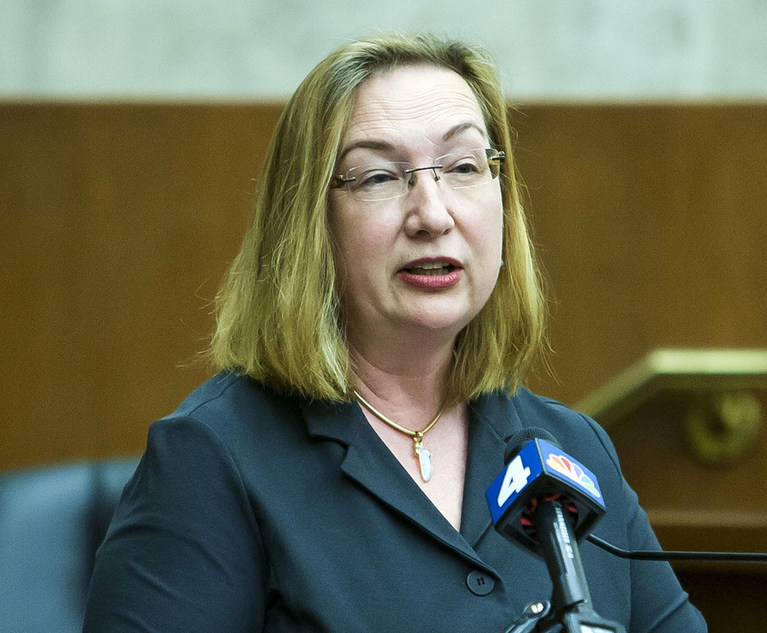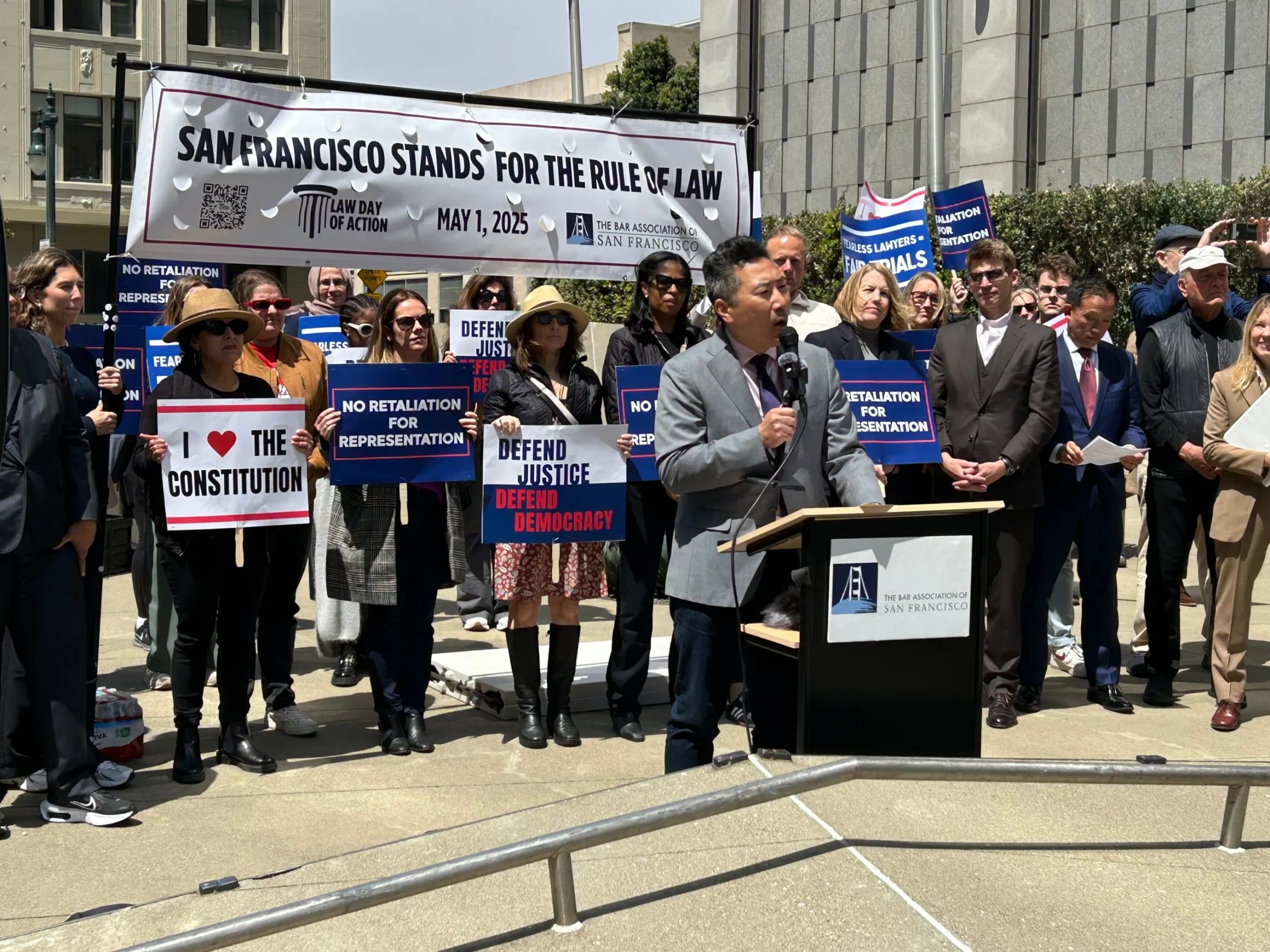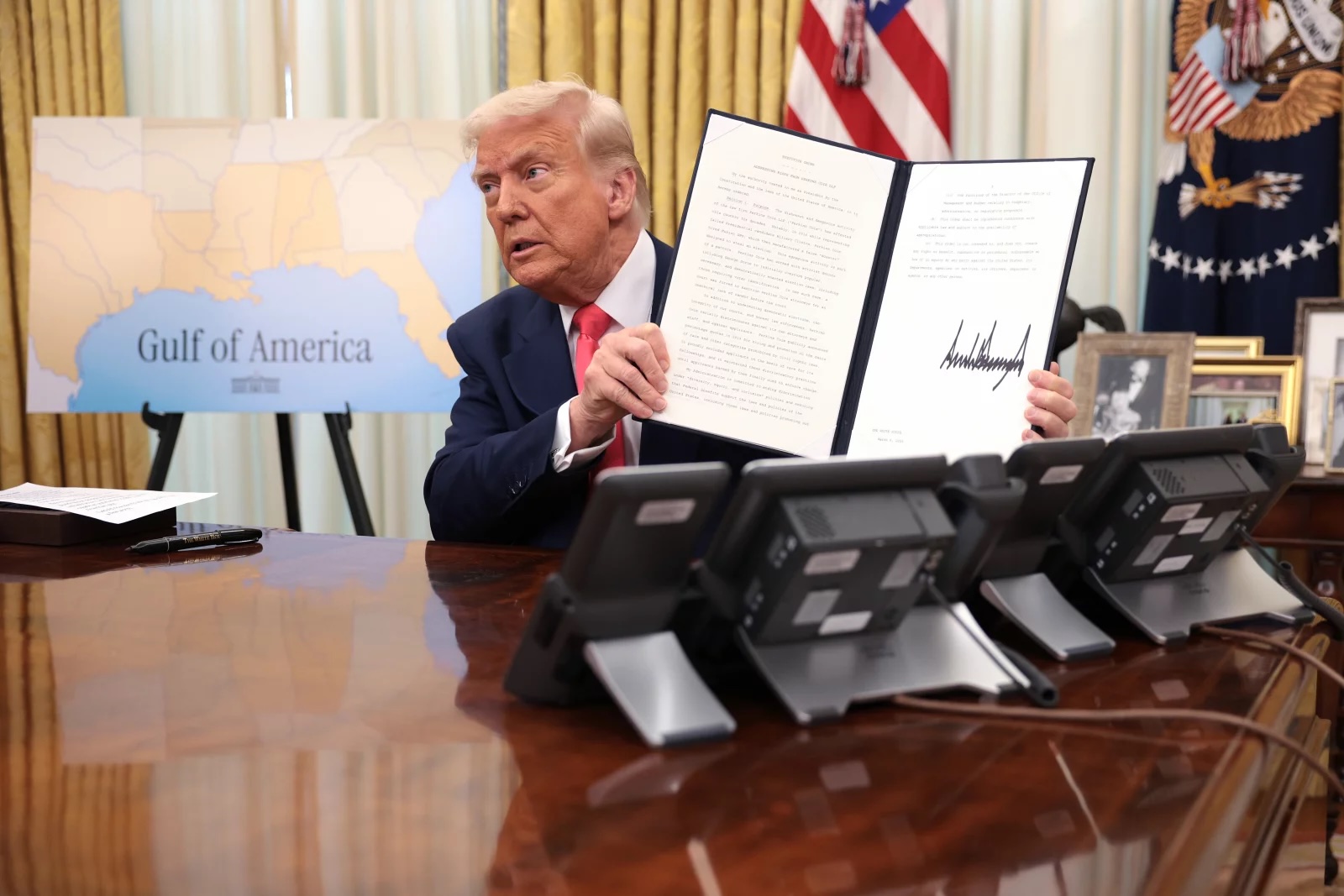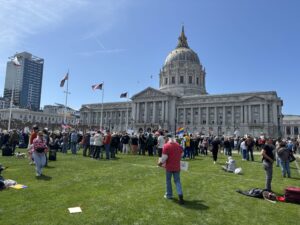On March 6, 2025, the Trump Administration issued Executive Order (EO) 14230, suspending Perkins Coie, an American law firm based in Seattle, Washington, from accessing federal government buildings. The order stated that Perkins Coie participated in “dishonest and dangerous” practices, and it specifically denounced the firm’s work for 2016 Presidential Candidate Hillary Clinton, calling it the start of a pattern of “egregious activity.”
EO 14230, a punishment for the firm’s political work, severs the firm’s relationships with federal agencies. Soon after, the Trump administration used similar executive orders to disable many other law firms and individual lawyers.
Executive Orders like this can cause a law firm to go out of business. Lawyers often guide their clients through the process of getting government approval for a range of things. Suspending interactions with the government makes this work impossible. So, newly unsupported by their lawyers, clients will leave to find a new firm. This domino effect can destroy a law firm, one client at a time.
Matthew Werdegar, a lawyer at the SF-based law firm Keker, Van Nest & Peters, noted how stunned the legal community was when they realized what the Trump administration was doing. “[Using] executive orders to target individuals…target political opponents, and trying to ruin their business…is unprecedented,” he said.
Perkins Coie responded soon after by filing a legal action against the Department of Justice. After a months-long court case, on May 2, a United States District Judge Beryl Howell ruled in favor of the law firm in a Washington court case against the US Department of Justice, declaring EO 14230 unconstitutional. As of May 11, four other targeted law firms are also resisting the Executive Orders by suing the federal justice department in court.

photo courtesy of Diego M. Radzinschi for ALM
Former General Counsel (GC) of UnitedMasters and co-founded GCs United, Shirin Keen, sees a serious threat within these orders. “Those executive orders were patently unconstitutional, and their overreach was a direct attack against the legal profession,” she said.
Keen believes that the Executive Orders were not just an attack on specific law firms, “but intended to chill any lawyers opposing the government’s policies,” she said. While Trump inhibits lawyers from operating independently under established judicial norms, the rule of law’s authority becomes unstable. “If we can’t rely on a system of laws, then it hampers the ability of civic society to develop,” Keen said.
However, other law firms that were threatened by executive orders or by Trump in other ways did not go to court but made private deals with the Trump administration to secure their existence. These nine capitulated firms are Paul Weiss, Skadden, Willkie Farr & Gallagher, A&O Shearman, Milbank, Kirkland & Ellis, Latham & Watkins, Simpson Thacher & Bartlett and Codwalader, Wickersham & Taft.
The private deals include the firm’s agreement to complete millions of dollars of “pro bono” work for the Trump administration. Among some deals, Paul Weiss agreed to complete $40 million worth of pro bono work, while Skadden made a $100 million deal with Trump, according to the legal news website Above the Law.
Many in the legal profession consider the deals between the firms and the Trump administration to be illegal. “Capitulating is not the answer, both because it’s wrong, and also it’s not actually going to save you from being pressured or manipulated by the Trump administration [in the future],” Werdegar said.
Werdegar thinks that Trump’s attacks on law firms through Executive Orders are not just an issue for lawyers. He believes it is a preview of what might come for other systems set in place to keep executive power in check. “If this tactic of pressuring people into being silent or agreeing with them works, they’re going to keep doing it,” Werdegar said. “They’re going to keep [using] it…against scientists, against journalists, against lawyers, against universities, any source of opposition to what Trump wants to do.”

photo courtesy of Thomas Hughes for Bay City News
Lawyers are resisting this by using direct and indirect strategies to oppose Trump’s use of Executive Orders to suppress law firms. Keen co-founded GCs United to organize a community of lawyers to support those standing up for the rule of law. “GCs United is focused on the impact it is uniquely capable of making — in encouraging law firms to insist on due process and defend their independence, answering opportunities to provide the General Counsel point of view, and to ensure that pro bono service and access to justice remains a cornerstone of our profession,” Keen said. “It is critical for law firms, general counsels, and every sphere of the legal profession to unite and support each other in upholding the rule of law.”
Keker, Van Ness & Peters and many other law firms and legal professionals signed an amicus brief to document their support of the law firm Perkins Coie as they rejected their Executive Order in court. Werdegar was concerned when he heard that other law firms were hesitant to sign briefs to support law firms fighting in court. “Staying silent is…being complicit,” he said. He added that law firms staying on the sidelines aren’t safe from being targeted by Trump and should act now. “You can’t ignore it until it comes directly and affects you,” Werdegar said.
Werdegar’s firm, Keker, Van Ness & Peters published an opinion piece in the New York Times, as well as other press statements to encourage the public to speak up. “Everyday people [need to] recognize that having a system based on the rule of law is…what distinguishes us from dictatorships [and] autocracies,” Werdegar said. “It’s not just a lawyer fight…it should be an everyone fight.”








+ There are no comments
Add yours